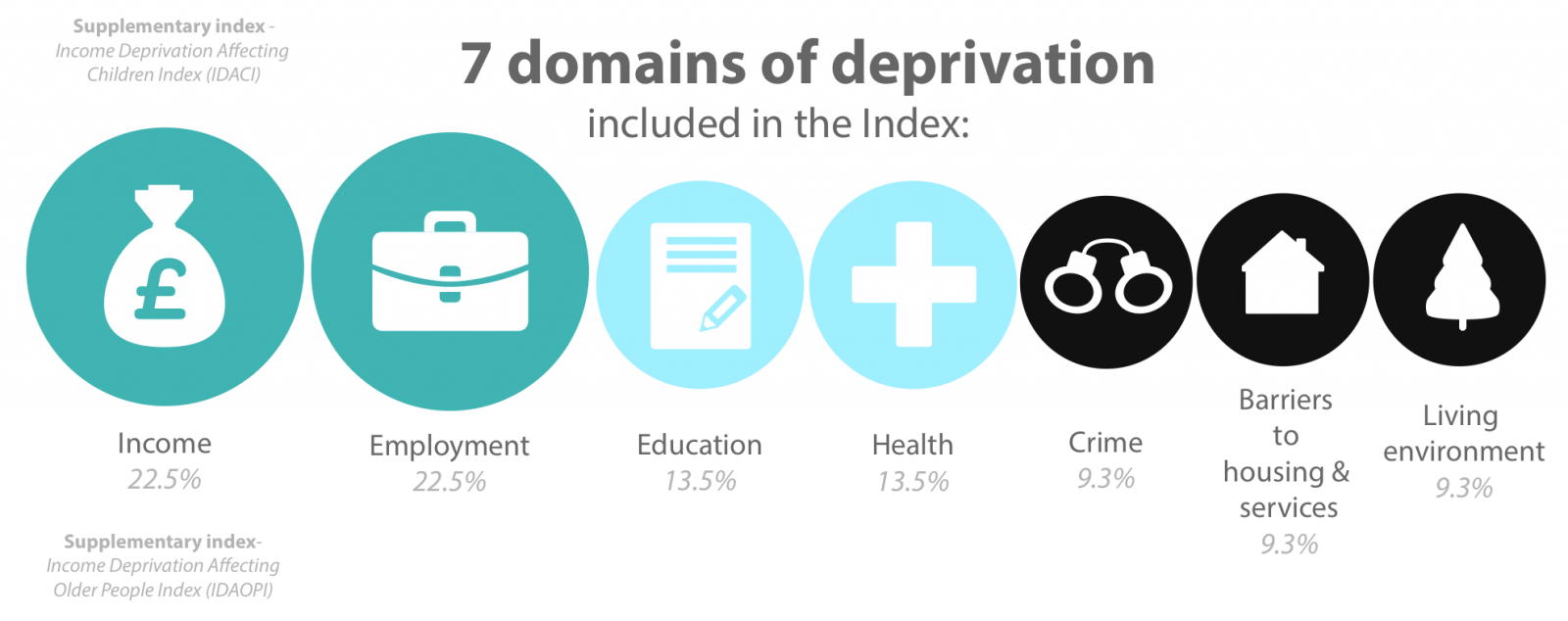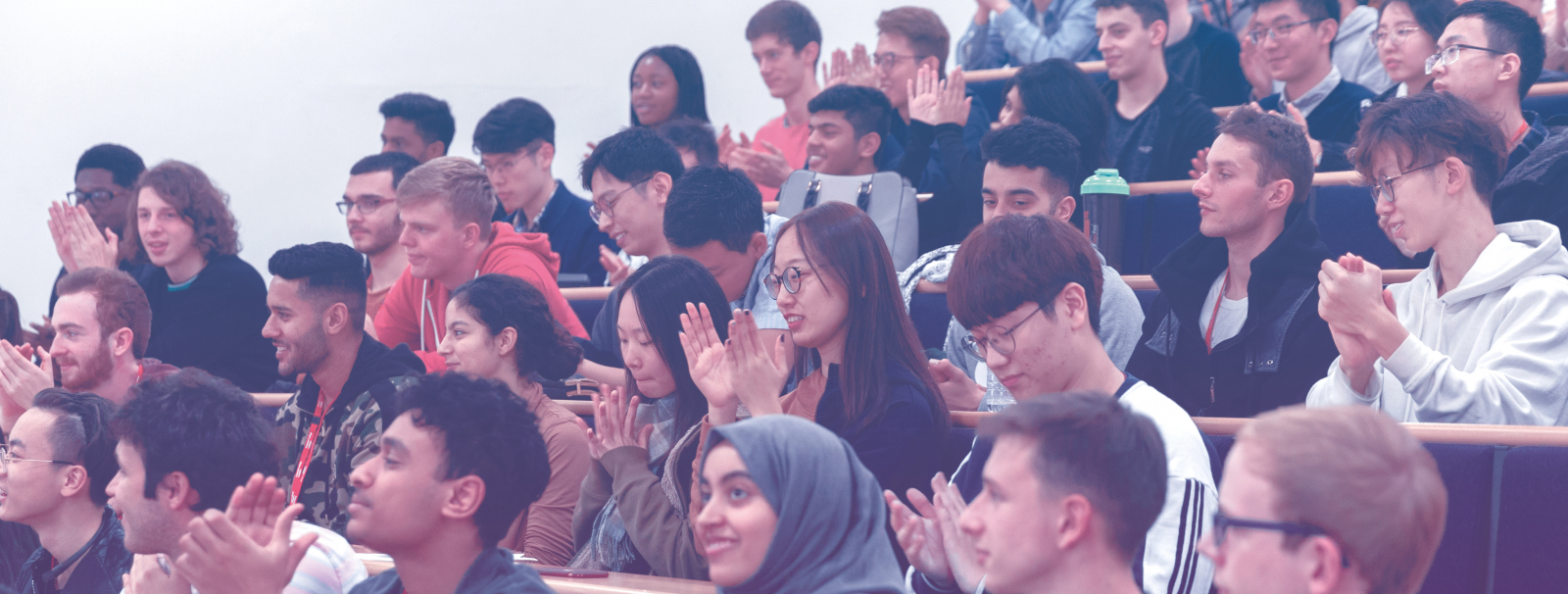What is it about Imperial that makes students from disadvantaged socio-economic backgrounds less likely to succeed?
Last week, your Union Council voted to accept a proposal to reform Liberation and Community at the Union. As well as introducing networks attached to each existing officer to give students a mechanism to campaign and advocate for underrepresented groups, we have introduced a new Liberation Officer to represent students from disadvantaged backgrounds, titled Working Class Officer.
Background
Throughout its history, advocating for the equal rights of minority groups has been a core part of the Student Union movement. This persists to this day, and at Imperial College Union, this is done through our eight Liberation and Community Officers. These officers are senior volunteer roles at the Union with a lot of responsibility, and throughout my 2.5 years being involved in Union welfare, I’ve seen how being able to do the role fully and well is impossible for one person. As Deputy President (Welfare), the Liberation & Community falls under my responsibility, along with ensuring the officers are supported. This drove me to look at ways we can change the structure around Liberation & Community to make sure that the Union is successfully representing the students we claim we do.
Liberation Reform Project
This led to a Liberation Reform project which I was keen to be a co-produced piece of work with the Union’s Community and Welfare Board, and primarily the Liberation & Community Officers who sit on it. After setting up a working group and having discussions at this board, we came to a proposal for Union Council which passed 32 to 1. There were two key parts to this proposal, and you can read the full paper here.
- Introduce Liberation and Community Networks chaired by the respective Liberation and Community Officer. These networks will have similarities to clubs & societies in that they are groups students can join and will have committees but will differ in the sense that their key purpose is to campaign and advocate. The key benefit of this is that it allows Liberation & Community officers to be supported and spread the workload in a student-led, democratic fashion. My hope is that these networks will be able to do more campaigns to improve the experience of the students they represent without overloading one officer.
- Introduce a Working Class Officer, along with a Working Class Students Network, to represent students from disadvantaged socio-economic backgrounds.
Where did this new officer come from?
In late 2019, the College agreed a 5-year Access and Participation Plan with the Office for Students who are the regulator for universities in England. This plan ties the College to achieving key targets around increasing the numbers of students who come from disadvantaged backgrounds. The two key measures of this are the IMD (Index of Multiple Deprivation) which score small regions in England based on relative deprivation, and POLAR4 (Participation Of Local Areas) which rates participation in education across different postcodes. Both are most commonly described in terms of quintiles where Q5 for both represents the least deprived/highest participation areas. According to the plan, considering Undergraduate home student admissions, there is a gap between IMD Q1 and Q5 of 24.8% and POLAR4 Q1 and Q5 by 54.2%. Whilst this aligns strongly with the general perception of students at Imperial, it’s quite alarming to see the numbers on paper. A huge 55% of the UG home student population come from POLAR4 Q5, the quintile with the highest participation rate in higher education.
The concerning statistics don’t stop just with admission rates, though less significant; there are also gaps in success rates for different groups of students upon arrival to Imperial. The continuation rate for students from POLAR Q5 is 4.2% higher than that of POLAR Q1, and the rate of students who receive ‘good degrees’ (1s or 2.1s) is approximately 4% lower in the two most deprived quintiles of IMD compared to the least deprived quintile.

Imperial doesn’t admit a proportional number of students from deprived areas, and the ones who are here are more likely to drop-out and less likely to achieve good degrees.
This paints a somewhat bleak picture. Imperial doesn’t admit a proportional number of students from deprived areas, and the ones who are here are more likely to drop-out and less likely to achieve good degrees. The reasons as to why this is the case aren’t very well explored in the Access and Participation Plan, or elsewhere. The plan has set targets to increase the proportion of POLAR Q1 and Q2 students, and IMD Q1 students, with the aim of equalising the numbers across all quintiles in 50 years. In terms of success, the plan says the College will monitor gaps in success but doesn’t seek to close the gap as it deems it not currently significant enough.
The College are putting considerable energy into bringing in students from socio-economically disadvantaged backgrounds, but are not equally considering what provision to put in place to ensure these students are able to succeed to the same extent as their peers. If a student from an IMD Q1 area has accessed Imperial through the same admissions criteria as a student from an IMD Q5 area, the question I ask myself is then "What is it about Imperial that makes students from disadvantaged socio-economic backgrounds less likely to succeed?"
This is where the Union comes in. We have a duty to represent the interests and needs of all students, and to particularly focus on disadvantaged and underrepresented groups. This is the primary reasoning for introducing a new Working Class Officer. I envision a large part of this role will be to try and answer the question above and start to change these things. When York Students’ Union introduced an officer with this same name, they commissioned a research project conducted by this officer to try and establish what the experience of disadvantaged students at York is. This project found that challenges faced were far broader than financial, and that students in the Working Class Students Network felt culture shock and that they were "the odd one out". You can find out more about this here. I think it would be fascinating for a similar piece of work to happen at Imperial.
Why the name - Working Class Officer?
While it was quickly and unanimously decided to introduce an officer with the remit of representing students from disadvantaged backgrounds at the Union’s Community and Welfare Board, the question of what to name it was a lot harder to resolve. The initial reactions to Working Class Officer weren’t particularly positive, with some members mentioning that the term has negative connotations and it might be received negatively by the student body. We discussed other names such as Widening Participation, Access and Participation, Class Equality and many more but none of these fully resonated with the board. Whilst it was agreed that all these terms are more positive sounding, Council felt that students wouldn’t necessarily associate them with the actual remit of the officer being created. Furthermore, there were people in the room who felt it was best to simply name the officer after the group of students being represented, like most other Liberation Officers.
It was felt that this name is the most direct reflection of the purpose of the role.
In the end, with some uneasiness, the board voted to call the position the Working Class Officer as it was felt that this name is the most direct reflection of the purpose of the role and would be the clearest name for the student body. This was also approved at Union Council.
Is the name unchangeable? Of course not. The nature of the Union is that it’s democratic and students get to vote, so Union Council can always vote to change it if it seems necessary.
I’d like to know your thoughts on the matter – what would you call such a role? I’ve already heard impassioned arguments for and against this name and it’s nice to see people engaging with the debate. Please email me at dpwelfare@imperial.ac.uk if you've got something to say!




